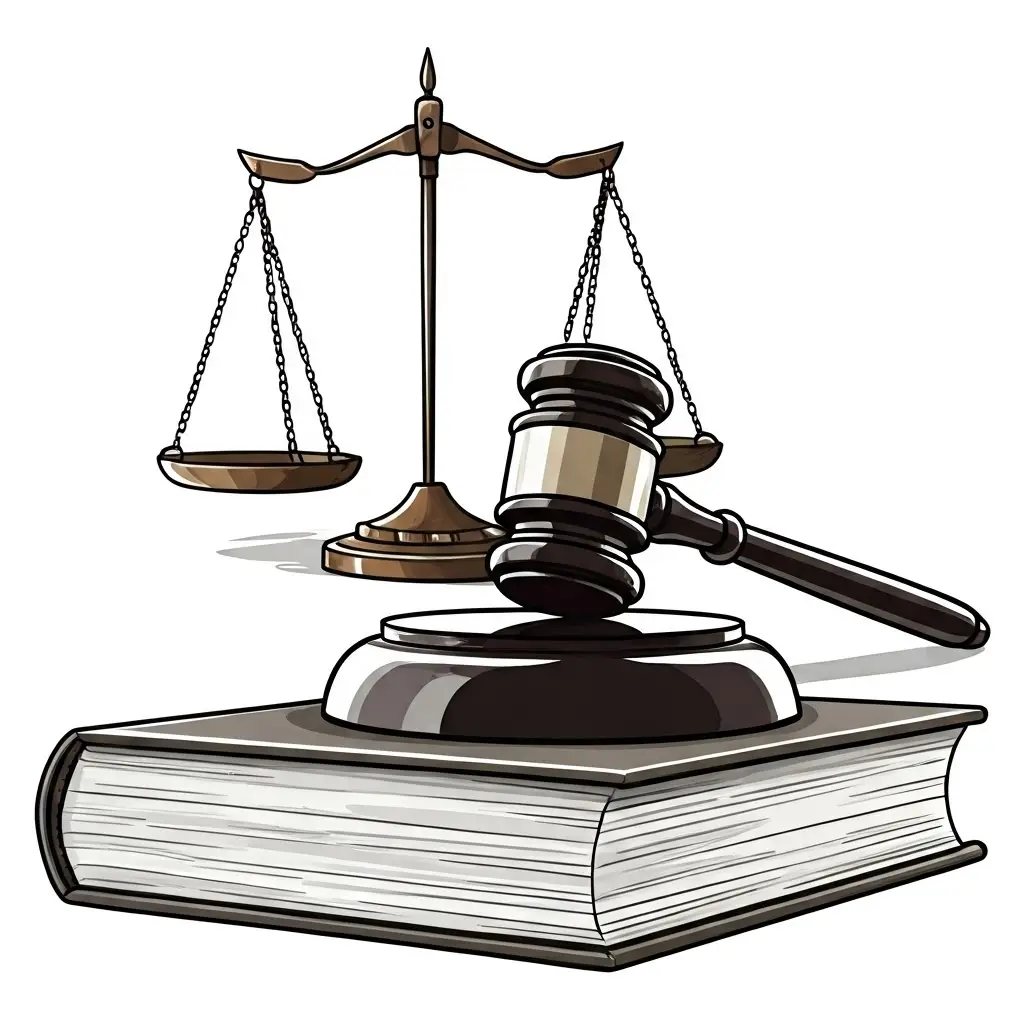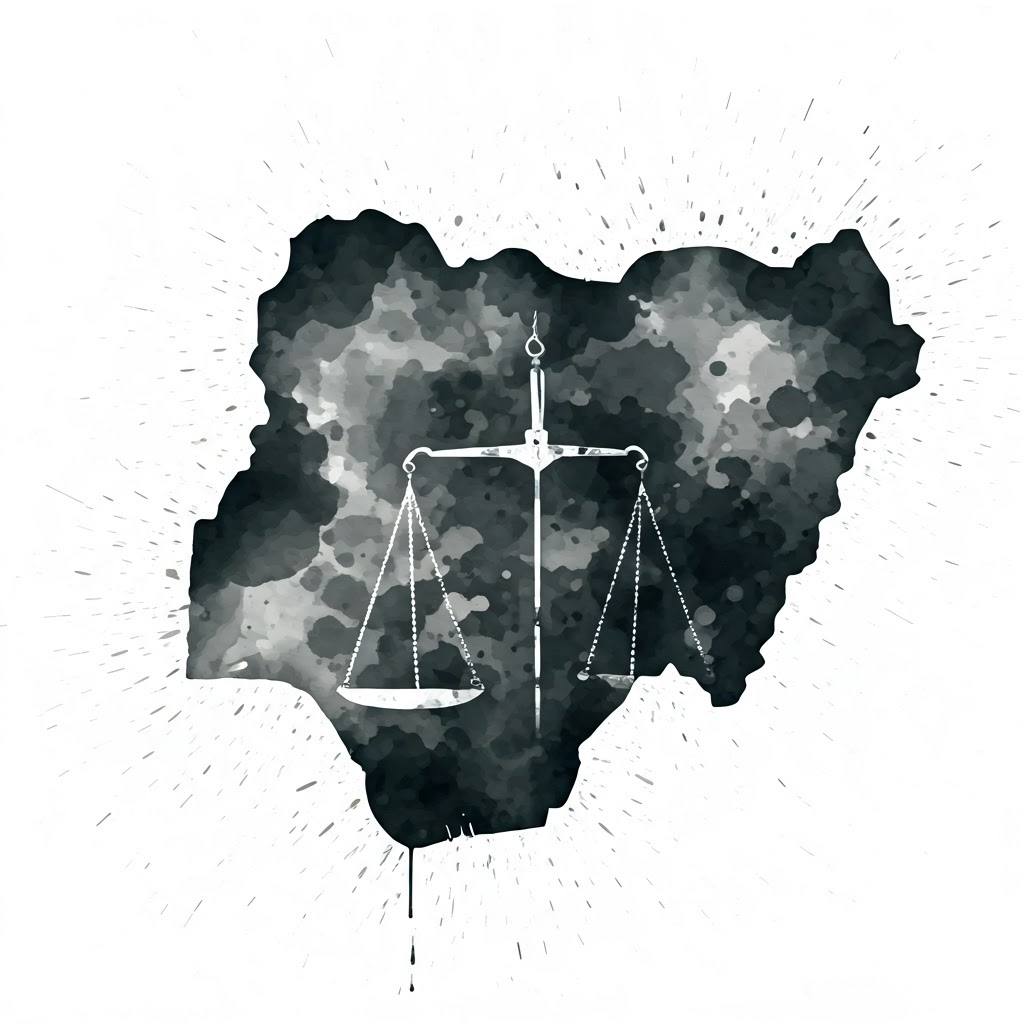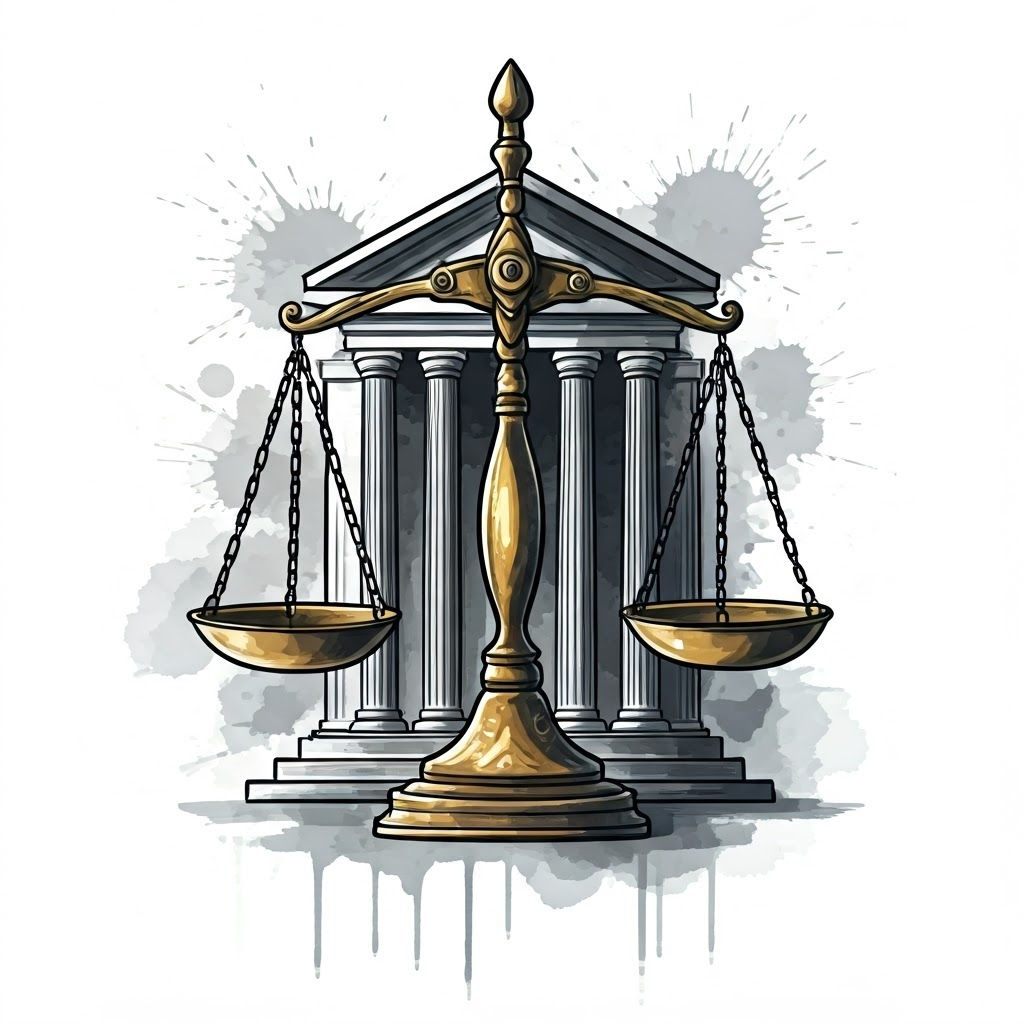Dele Farotimi, known for his outspoken views, finds himself in legal hot water after publishing accusations against prominent lawyer Chief Afe Babalola. Farotimi’s book alleges Babalola compromised the Supreme Court, leading to defamation charges. This article analyzes the legal complexities of the case, drawing parallels with a similar case involving Chief Babalola, and suggests a potential path to resolution for Farotimi.
- Dele Farotimi faces criminal libel charges in Ekiti State.
- The charges stem from accusations against Chief Afe Babalola in Farotimi’s book.
- Farotimi’s legal predicament is analyzed, including jurisdictional issues and the burden of proof.
- A past case involving Chief Babalola and the author offers insights into potential resolutions.
- The article suggests a path forward for Farotimi, emphasizing the importance of reconciliation.
The Defamation Allegation
Dele Farotimi’s new book contains serious allegations against Chief Afe Babalola, claiming he influenced Supreme Court justices for a favorable outcome in a land dispute. This claim potentially discredits Chief Babalola’s reputation and standing within the legal community. In Nigeria, defamation can be both a criminal and civil offense, with Ekiti State recognizing both. Farotimi’s case highlights the complexities of defamation law, particularly when considering jurisdictional issues and the burden of proof.
Jurisdictional Challenges
While Farotimi resides in Lagos, where defamation is a civil matter, the alleged offense occurred in Ekiti State, where it’s also a criminal offense. Ekiti courts have jurisdiction in this case, regardless of where Farotimi lives. The Supreme Court’s ruling in Nnamdi Kanu’s case reinforces this principle, emphasizing that even rendition doesn’t negate the jurisdiction of Nigerian criminal courts.
The Burden of Proof
In defamation cases, the burden of proof lies with the accuser. Farotimi needs to substantiate his claims against Chief Babalola with strong evidence, which could be a significant challenge. The article explores the complexities of proving such allegations, particularly against a figure of Chief Babalola’s stature.
A Parallel Case and Potential Resolution
The author recounts a personal experience involving a legal dispute with Chief Babalola. The author represented a client sued by Babalola and successfully challenged the jurisdiction of the court. However, recognizing the potential for further legal battles, the author sought reconciliation with Babalola. This anecdote underscores the potential for a similar resolution in Farotimi’s case.
A Way Forward for Farotimi
The article suggests Farotimi leverage his connections with Peter Obi and former President Obasanjo, both of whom have close ties with Chief Babalola. By seeking their intervention, Farotimi could initiate a process of reconciliation and potentially mitigate the legal consequences. Remission of the libel charges is presented as the most viable path forward, and Chief Babalola’s counsel could potentially help Farotimi avoid further charges of bringing the Supreme Court into disrepute.
Conclusion
Dele Farotimi’s situation is a cautionary tale about the power of words and the potential consequences of defamation. The case highlights the nuances of Nigerian law and the importance of considering all possible avenues for resolution. The author’s personal experience underscores the value of humility and the potential for forgiveness, even in complex legal disputes.





